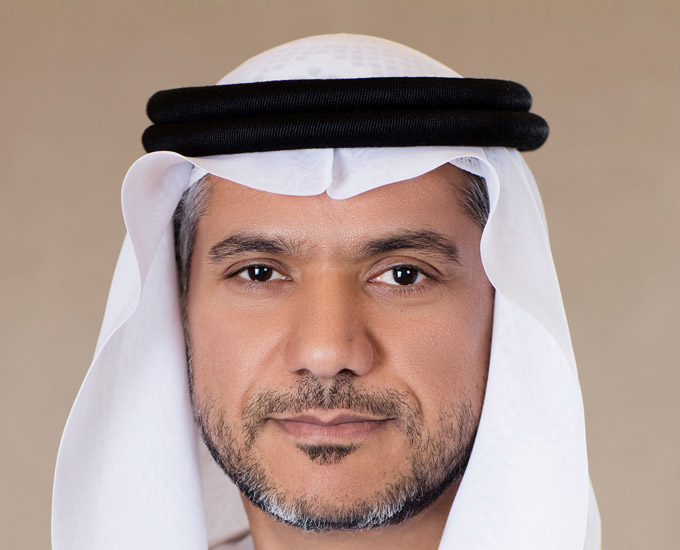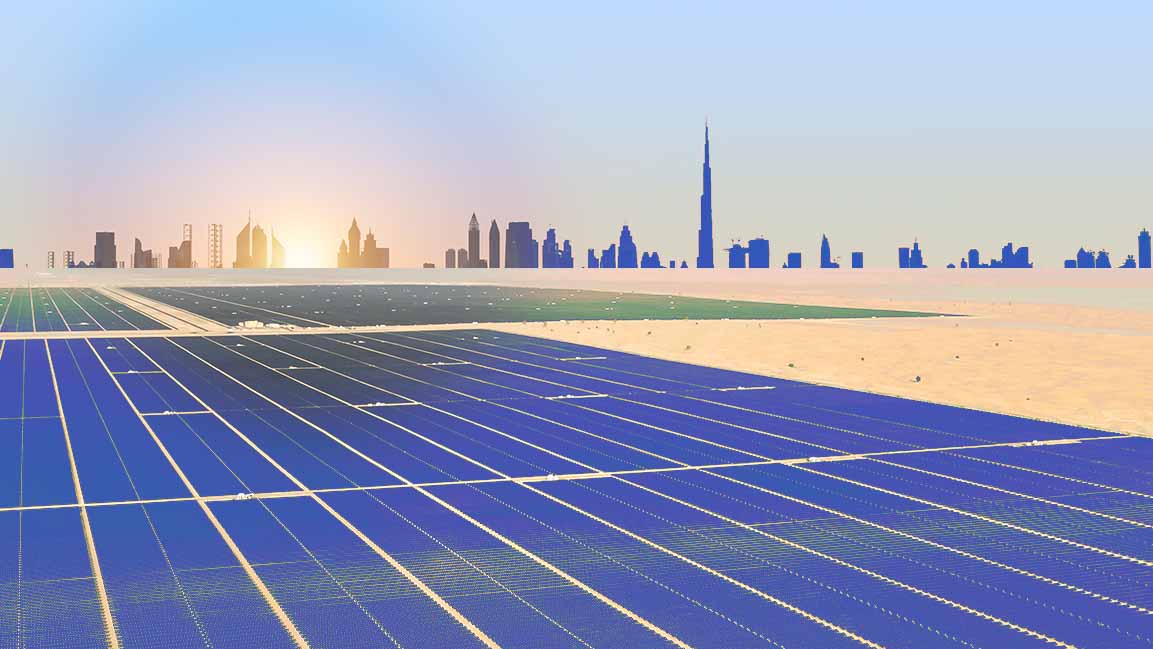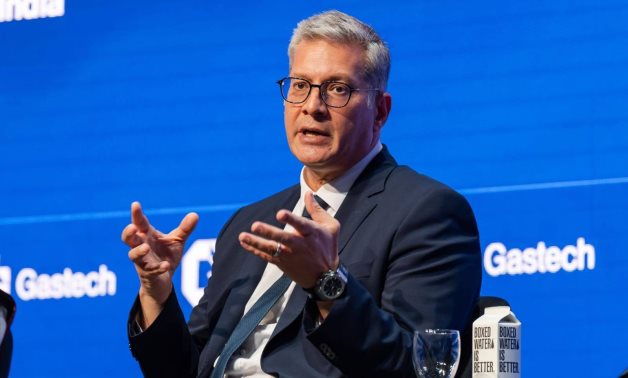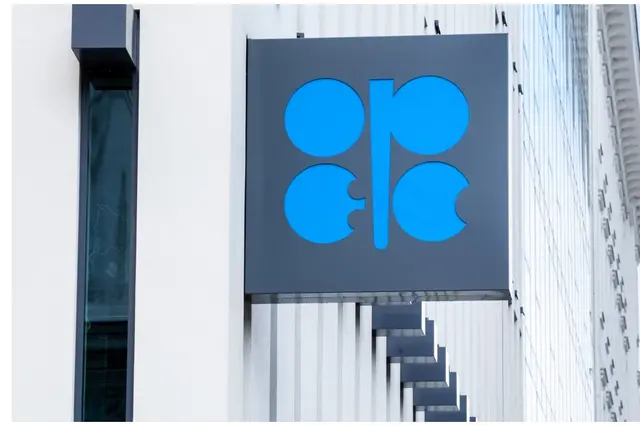Energy

NLC, NUEE Reject Planned Electricity Subsidy Removal
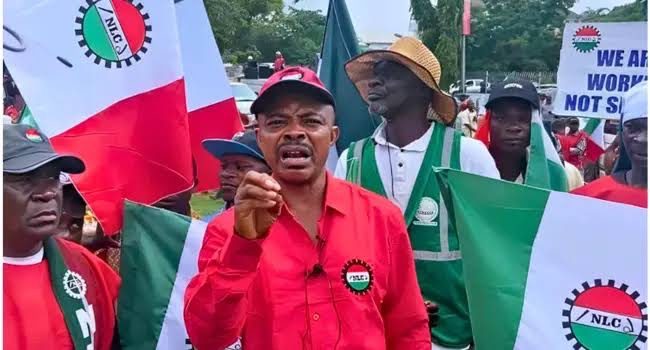
Organised labour in the country has voiced strong opposition to the federal government's plan to remove the electricity subsidy, citing fears that it will exacerbate the already severe economic hardships faced by Nigerians.
The Nigerian Labour Congress (NLC) and National Union of Electricity Employees of Nigeria (NUEE) strongly opposed the planned complete removal of electricity subsidy.
Recall that the federal government last week said it had accelerated plans to clear the outstanding N4 trillion electricity debt and end the long-standing power subsidy due to the constrained fiscal environment triggered by significant revenue shortfalls.
This move, the Minister of Finance and Coordinating Minister of the Economy, Wale Edun, had announced, underscored the government's commitment to fiscal discipline and prioritisation of critical sectors amid tough budget choices.
"Going forward, that programme has been built as well, looking at ways of making sure that collections increase, making sure that there's more of a pay-as-you-go approach that doesn't leave government with a bill to pay," Mr Edun stated at a media conference.
The aim is to avoid the type of power purchase agreements that have left the government with a huge burden to pay. "The idea is to replace them with somebody who invests in power and sells it. "So you don't invest in power generation to hang it on the government to pay you no matter what happens at the other end," he'd said.
LEADERSHIP reports that the removal of the subsidy would see the average tariff for all electricity consumers in the country rising to N209 per kilowatt-hour (kWh), the current Band A tariff, from N66/kWh.
As of June 2025, the federal government's electricity subsidy obligation reached N1.186 trillion, which is yet to be cash-backed.
As of April 2024, the federal government raised the tariff for Band A consumers to N225 kWh, much higher than for other bands, which hover around N66 per kWh. Currently at N209/kWh, the Band A tariff increase, which only covers 15 per cent of electricity consumers, has done little.
The high level of subsidy required to bridge the gap between actual electricity costs and consumer tariffs further strains government finances.
In 2025 alone, the federal government may spend approximately N2.3 trillion on electricity subsidy, mainly to shield low-income consumers from tariff shocks.
In a chat with LEADERSHIP, NLC's deputy General Secretary, Comrade Chris Onyeka said, "
"How can the federal government come out with such a deceptive statement, and you journalists are believing in their statements? You journalists are not helping matters or the poor at all, as you make Nigerians believe in oppressive and capitalist policies, such as the poor are getting poorer and the rich are getting richer.
By saying they want to remove the subsidy, they indirectly announce their plan to hike the cost of the electricity tariff. Such an increment will further impoverish the poor. They milked Nigerians without an efficient electricity supply and want to hike the tariff again. If electricity is working, why did they invest billions of our money in using a solar system in Aso Rock? Isn't it a thing of concern that we exceeded 5000mgt? Rather than improving on the current level, they want Nigerians to be paying for darkness and what they are not enjoying. It is the right time for Nigerians to cry against their anti-people policies that send Nigerians into hardship.
"It is right time Nigerians should think of accountability. They are looking for a way to enrich few hands among them at the detriment of the masses by trying to hike electricity tariff and are indirectly saying they want to remove subsidy, they should make Nigerians to know the truth."
On his part, the Acting General Secretary of National Union of Electricity Employees of Nigeria (NUEE) has expressed sadness over the government's planned removal of electricity subsidy.
In a chat with LEADERSHIP, the Acting General Secretary, Comrade Dominic Igwebike, the union is against it because it is putting more load on the masses that have been
"They are only interested in taking from the people which is against good governance which required that government should provide the basic needs for its people. What is government giving back the people. And what is government planning to use such fund for? The plan is not in any way accepted by us".
Speaking to LEADERSHIP, the acting general secretary of the National Union of Electricity Employees (NUEE), Comrade Dominic Igwebike, condemned the move as a burden on the masses. He questioned what benefits the government intends to return to the people in exchange for the removal of financial support for power costs. He emphasised that it amounts to "taking from the people" and runs contrary to the principles of good governance, which require governments to prioritise the basic needs of their citizens.
Igwebike's stance comes amid broader concerns about rising costs and ongoing struggles in Nigeria's power sector, which has been plagued by erratic supply and financial instability. The subsidy removal has sparked fears of higher electricity tariffs that could further strain Nigerian households and businesses already facing inflationary pressures and economic downturns.





